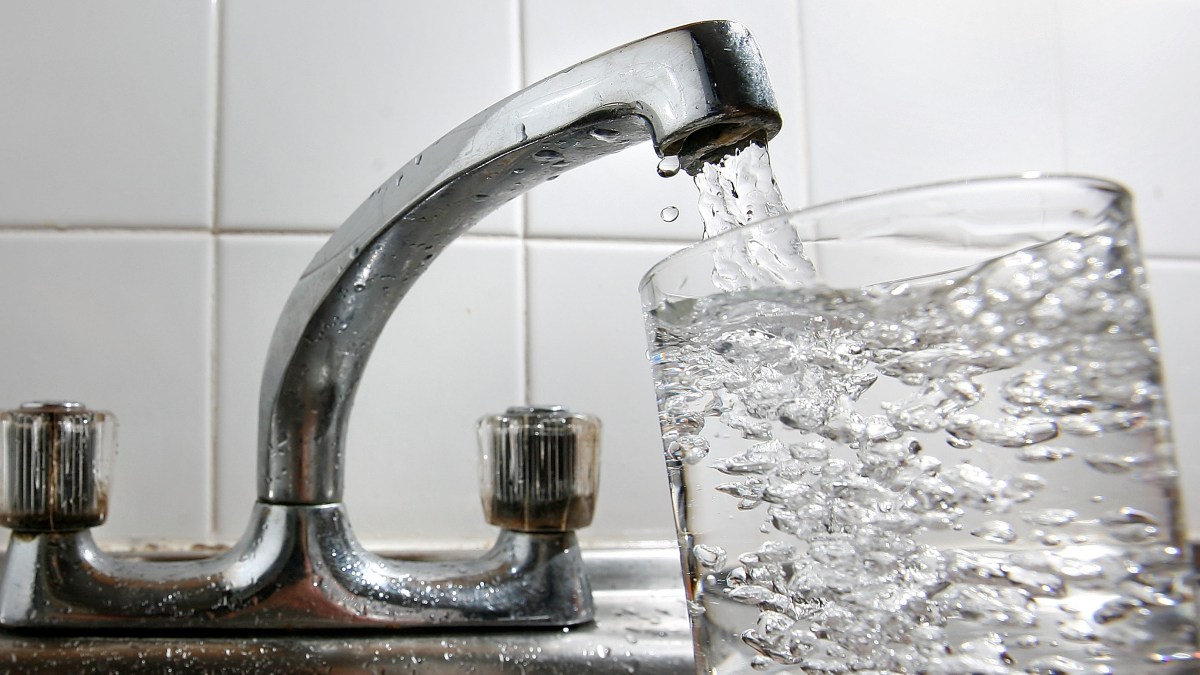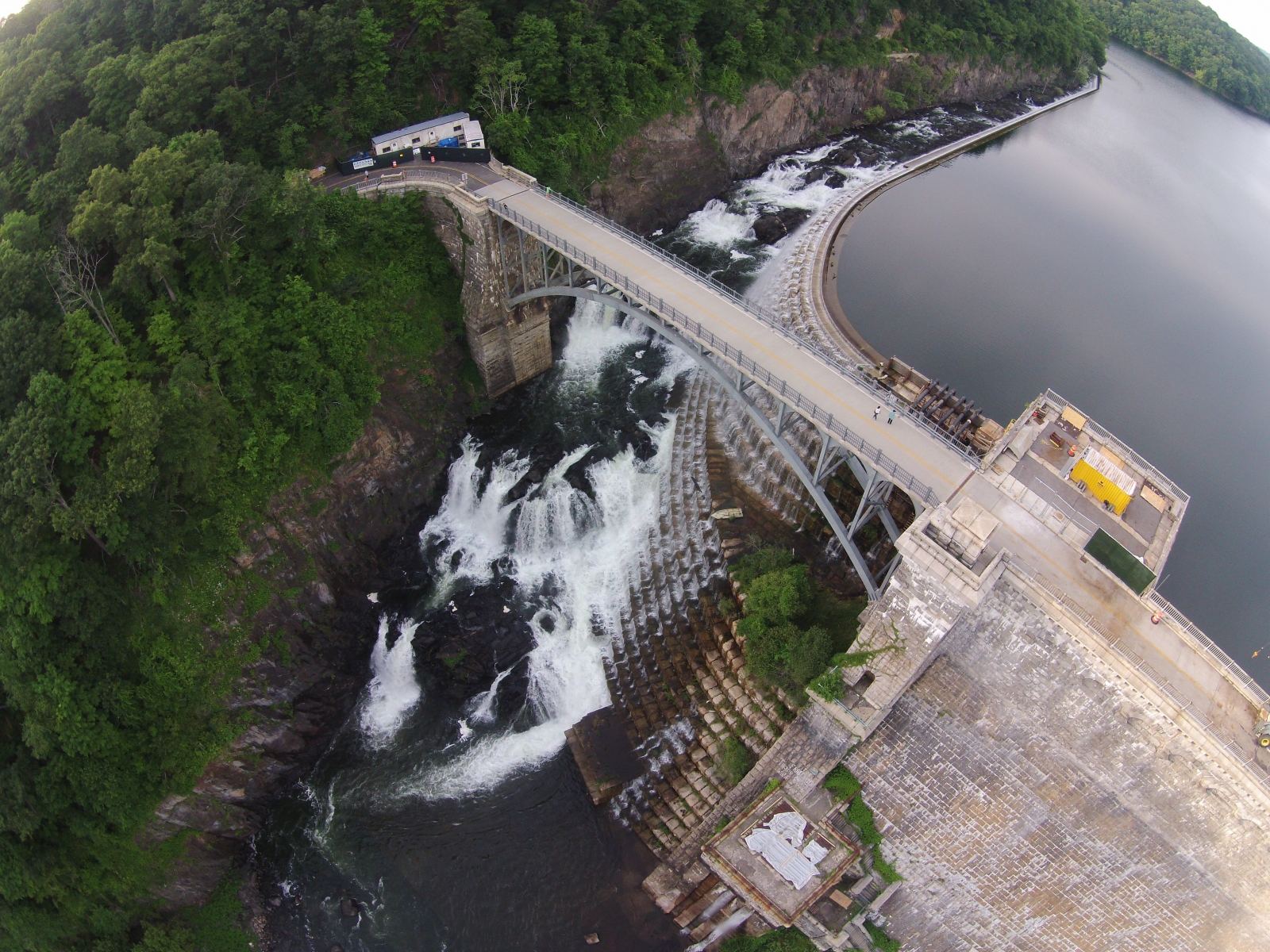
Is It Safe to Drink New York Tap Water?
New Yorkers are justifiably proud of their city’s tap water, often stating that it’s as good as, if not better than, bottled water. I’ve been a New Yorker for over 25 years, and I can attest to the fact that I’ve never had a problem with the tap water here. In fact, I often drink it straight from the tap, without even bothering to filter it.
But is New York tap water really safe to drink? The answer is a resounding yes. The city’s water supply is monitored by the Environmental Protection Agency (EPA) and the New York City Department of Environmental Protection (DEP), and both agencies have consistently found it to be safe to drink.
New York City’s Water Supply
New York City’s water supply comes from three main sources: the Catskill Mountains, the Delaware River, and the Croton River. The water is treated at one of the city’s 19 water filtration plants before it is distributed to homes and businesses.
The filtration process removes impurities from the water, including bacteria, viruses, and parasites. The water is also treated with chlorine to kill any remaining microorganisms.
Is New York Tap Water Safe to Drink?
Yes, New York tap water is safe to drink. The water is treated to remove impurities and is monitored regularly to ensure that it meets safety standards.
However, there are some people who may want to consider filtering their water before drinking it. This includes people with weakened immune systems, pregnant women, and young children. Filtering water can remove additional impurities, such as lead and fluoride.
Tips for Drinking New York Tap Water Safely
- Run the cold water tap for a few minutes before drinking it. This will flush out any lead that may have leached into the water from the pipes.
- Use a water filter. This will remove additional impurities from the water.
- If you have a weakened immune system, are pregnant, or have young children, you may want to boil the water before drinking it. This will kill any bacteria that may be present.
- Avoid drinking water from public fountains. The water in public fountains is not treated and may contain bacteria.
FAQ
- Q: Is New York tap water safe to drink?
- A: Yes, New York tap water is safe to drink. The water is treated to remove impurities and is monitored regularly to ensure that it meets safety standards.
- Q: Should I filter my tap water before drinking it?
- A: Filtering your tap water can remove additional impurities, such as lead and fluoride. However, it is not necessary to filter your tap water if you are healthy and have a strong immune system.
- Q: What are the benefits of drinking tap water?
- A: Drinking tap water is good for your health and the environment. Tap water is a good source of fluoride, which is important for strong teeth. Drinking tap water also helps to reduce your carbon footprint.
- Q: What are the risks of drinking tap water?
- A: The risks of drinking tap water are very low. However, there are some people who may want to consider filtering their water before drinking it. This includes people with weakened immune systems, pregnant women, and young children.
Conclusion
So, is it safe to drink New York tap water? The answer is a resounding yes. The water is treated to remove impurities and is monitored regularly to ensure that it meets safety standards.
If you are concerned about the safety of your tap water, you can always filter it before drinking it. However, it is not necessary to filter your tap water if you are healthy and have a strong immune system.
Are you interested in more information about the New York tap water?

Image: www.nbcnewyork.com

Image: streeteasy.com
Can You Drink Tap Water in NYC? Our annual New York City Drinking Water Supply and Quality Report describes the sources and quality of our water supply. It is prepared in accordance with the New York State Sanitary Code and the National Primary Drinking Water Regulations. If you have questions about any of the information contained in the report or would like to request a